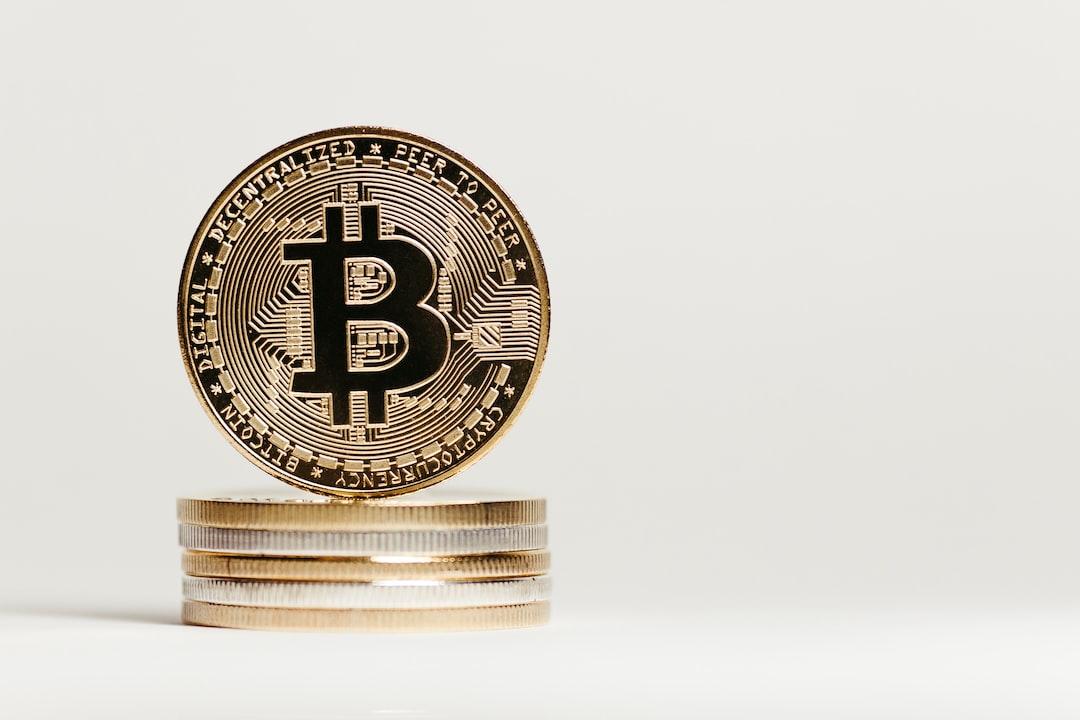What happened?
For a long time, the financial market has been plagued by the problem of “data standardization”. Information such as mergers and acquisitions, dividend payments, and press releases are all “non-standardized” data, which poses a major challenge for industry professionals to organize.
Blockchain technology provider Chainlink, through the use of artificial intelligence (AI) and blockchain technology, automatically transforms these non-standardized data into “golden records” that comply with international financial standards. This helps reduce manual operations and can save investors and financial institutions between $3 million and $5 million in operating costs annually.
Chainlink’s partners include financial institutions such as Franklin Templeton, UBS, and Swift, as well as blockchain platforms like Avalanche and ZKsync.
Oracle technology further assists institutional markets in reducing operating costs and manual processing.
On October 21, blockchain technology provider Chainlink announced that its team has completed a pilot project. This project uses artificial intelligence (AI) and decentralized oracle technology to create a blockchain-based enterprise mobile data repository, solving the long-standing problem of data standardization in the financial market.
Oracles are an important infrastructure in the blockchain world, linking data on and off the chain, acting as a bridge between the on-chain world and the real world.
Currently, many companies present corporate mobile data such as mergers and acquisitions, dividend payments, and stock splits in a human-readable format, such as PDF files and press releases, which belong to unverifiable “unstructured data”.
These corporate mobile data often have problems such as fragmentation, duplicate sources, and a need for extensive organization. These behaviors are particularly fragmented and scattered in the European market.
However, these data are important for investors but can only be processed manually, often leading to human errors or slow processing, resulting in annual expenses of $3 million to $5 million for investors or custodians.
Chainlink uses AI and oracle technology to transform these unverifiable, unstructured, and difficult-to-obtain offline data into digital data and achieves real-time delivery. This not only greatly improves data processing efficiency but also reduces the need for manual operations.
Sergey Nazarov, co-founder of Chainlink, stated that by transforming various unrelated corporate behavior data into “golden records” that comply with international financial standards, hundreds of market participants can use it as a single source of data facts.
This project helps traditional financial markets synchronize information faster, reduce errors, and lower costs, successfully solving the most complex unstructured data problem in the financial world.
AI and oracle technology work together to solve data fragmentation, enhance market synchronization and transparency.
In the first phase of this project, Chainlink connects decentralized oracles with large language models (LLMs) such as ChatGPT, Gemini, and Claude, and extracts corporate mobile data sources for stocks and fixed-income securities in six European countries, and transforms them into compliance with ISO 20022 and Securities Market Practice Group (SMPG) guidelines and other global financial standards.
Then, using Chainlink’s Cross-Chain Interoperability Protocol (CCIP), data is published and distributed on different blockchains, achieving higher data transparency and security in the traditional financial market through the transparent and tamper-proof characteristics of blockchain.
Next, the team plans to integrate this system with existing financial systems, such as Swift standards, to be more widely applied in the financial industry.
In addition to this pilot project, Chainlink has recently been actively exploring other ways to bring more value to institutional markets through oracle technology.
For example, in early October, Chainlink partnered with digital asset infrastructure provider Taurus to promote the adoption of asset tokenization in institutional markets and improve data transparency and cross-chain mobility to enhance security.
Reference:
cointelegraph, coindesk

